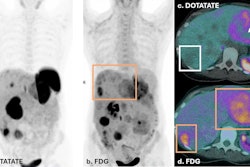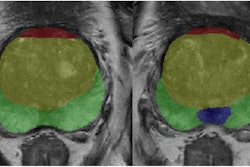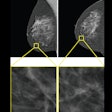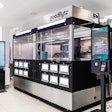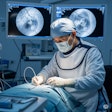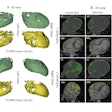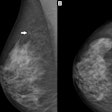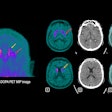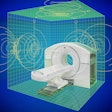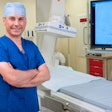More in Home
Hybrid AI reading shows success in breast cancer screening
August 22, 2025
Cooking robot gets rave reviews in Tübingen
August 21, 2025
Pressure grows for more rigorous financial disclosure
August 19, 2025
ESR survey put focus on radiology subspecialization
August 18, 2025
Algorithms from AI mammography challenge perform well
August 18, 2025
Swiss expert advocates regulation for AI in radiation safety
August 18, 2025
New data cements AI's role in breast screening
August 15, 2025
PET proves clinical value in mapping movement disorders
August 14, 2025
PET scans tie fast food to altered blood flow in the heart
August 13, 2025
Why I’m still so suspicious of AI
August 12, 2025











